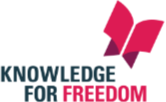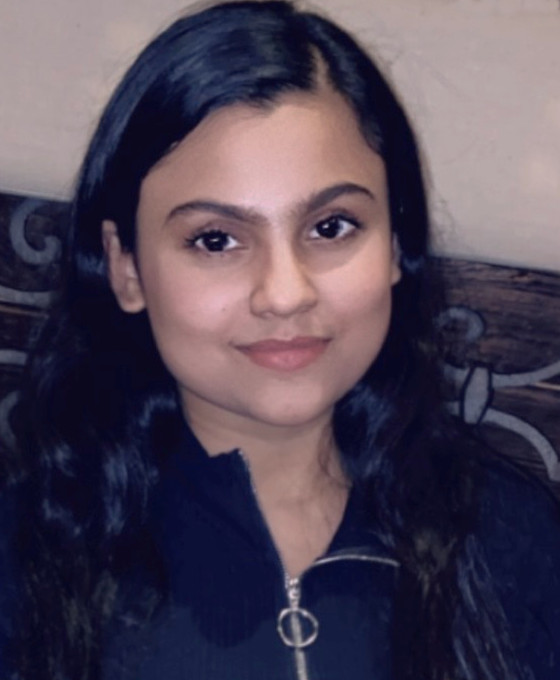My reading group centered around the topic of education in the context of how it has been supplied to various groups and how we can find more meaningful experiences in our own education. I was pleasantly surprised by the diverse range of Fordham class years present in our meetings. Including me, there were 2 seniors, 1 junior, and 1 freshman in my group. Recognizing this variety, my goal was to encourage each of them to reflect on their academic journey thus far, identify some barriers they may have faced, and use the knowledge from the reading group to understand how they can be more consciously be involved in their education going forward.
I was eager to accomplish the goal I had set for all of us; however, our first meeting challenged me to become a better leader before we could meet this goal. I used an empty classroom to hold our discussion. Following introductions, I immediately dived into the text asking the questions I had generated for the reading. Members shared their answers but I noticed that all of them were comprehension based, instead of reflecting their own understandings of the texts. After the meeting ended, I was getting ready to leave until I looked around the room and saw the amount of notes I had written on the board. I realized that I was playing the role of a lecturer and wasn’t setting the proper dynamic for the discussion. This was why I didn’t get the kind of responses that I had hoped for. This moment encouraged me to think from the perspective of the members and the kind of experience they wanted to get from it. Prior to the second meeting, I took a poll on a new location for our discussions, and everyone chose a coffeehouse. So, for the rest of the meetings we would meet at Starbucks at a less busy time. I also changed how I approached my group at the beginning of each meeting, ensuring to first ask participants about their own understandings, experiences, questions, and comments on the texts. I didn’t write any notes, rather I told everyone that they could bring a journal to write down anything that stood out to them. Moreover, I didn’t always ask the questions I had previously planned because the sight of everyone being engaged throughout the discussions and connecting with the texts was more valuable to me.
In the final meeting, we discussed Plato’s “Allegory of the Cave.” My group mate, who was a freshman, mentioned that, through the conversations we had in our meetings, she came to realize that she’s been a “prisoner” like those in the cave. However, she was glad to have recognized this early in her college experience. Going forward, she aims to deeply appreciate the knowledge provided to her and aspires to voice her thoughts on the barriers created by curriculum (like professors explaining history from the stance of colonizers instead of those that have been colonized). Other members agreed and shared the steps they were going to take, like asking professors to bring in sources from different groups of people and speaking with deans of curriculum to include a broader range of classes that focus on critical reasoning. This moment was gratifying for me because I realized that, not only did we achieve my goals together, but we are willing to use what we’ve collectively learned to go beyond our discussions to ensure the adequacy of education.

